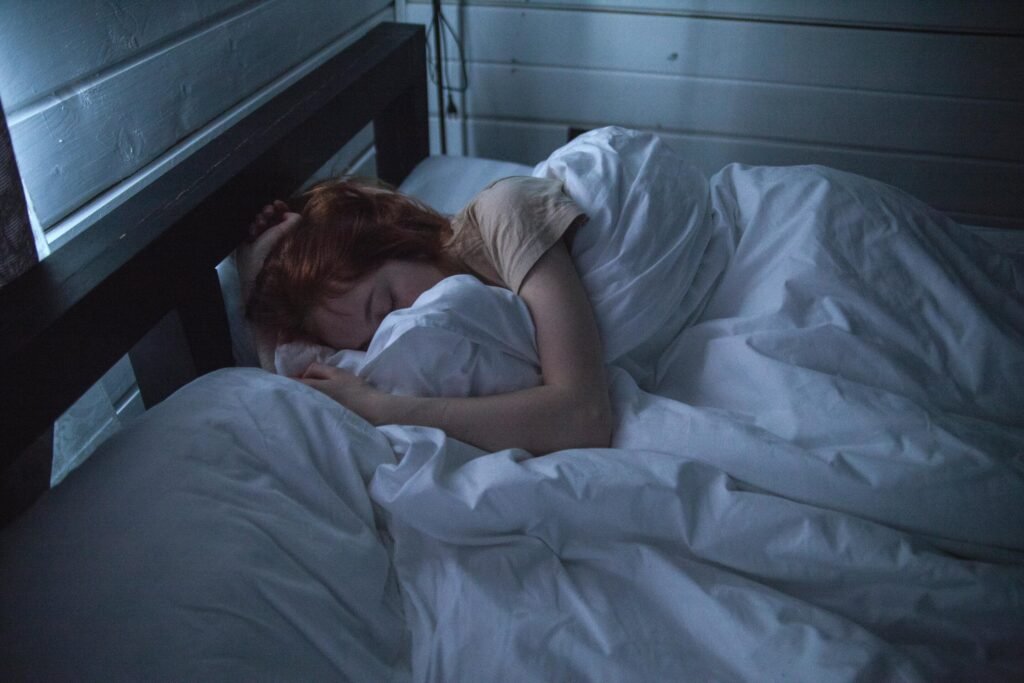A recent study conducted by anthropologists at the University of Toronto Mississauga challenges the common belief that people in industrialized societies suffer from lack of sleep. According to the researchers, individuals in modern industrialized societies actually tend to sleep longer than those in less-developed regions.
Published in the Proceedings of the Royal Society B, the study conducted a meta-analysis of data from 54 sleep studies involving 866 healthy adults from around the world. Surprisingly, the results revealed that people in modern industrialized societies sleep an average of just over 7 hours each night, compared to an average of 6.4 hours for those in non-industrialized societies.
Contrary to popular belief, there has been no significant change in sleep duration for individuals in industrialized countries over the past few decades. Additionally, the study found that people in industrialized societies are more efficient sleepers, spending 88% of their time in bed asleep compared to 74% for those in less industrialized regions.
However, one notable difference highlighted by the researchers was the less regular circadian rhythm observed in individuals from industrialized countries. This could be attributed to the reduced exposure to natural cues that help regulate circadian rhythms in modern lifestyles. The researchers suggested that the perceived poor sleep in industrialized societies may be linked to these irregular rhythms.
The study, titled “Are humans facing a sleep epidemic or enlightenment? Large-scale, industrial societies exhibit long, efficient sleep yet weak circadian function,” sheds light on the sleep patterns of individuals in different societal settings. It challenges the notion that modern lifestyles hinder sleep and suggests that people in industrialized countries actually get more sleep than their non-industrialized counterparts.
For more information on this study, you can access the full article in the Proceedings of the Royal Society B: Biological Sciences. The findings provide valuable insights into the sleep patterns of individuals in industrialized societies and their implications for overall health and well-being.
Please note that the content of this article is © 2025 Science X Network. Any reproduction or distribution of this content without written permission is prohibited.


